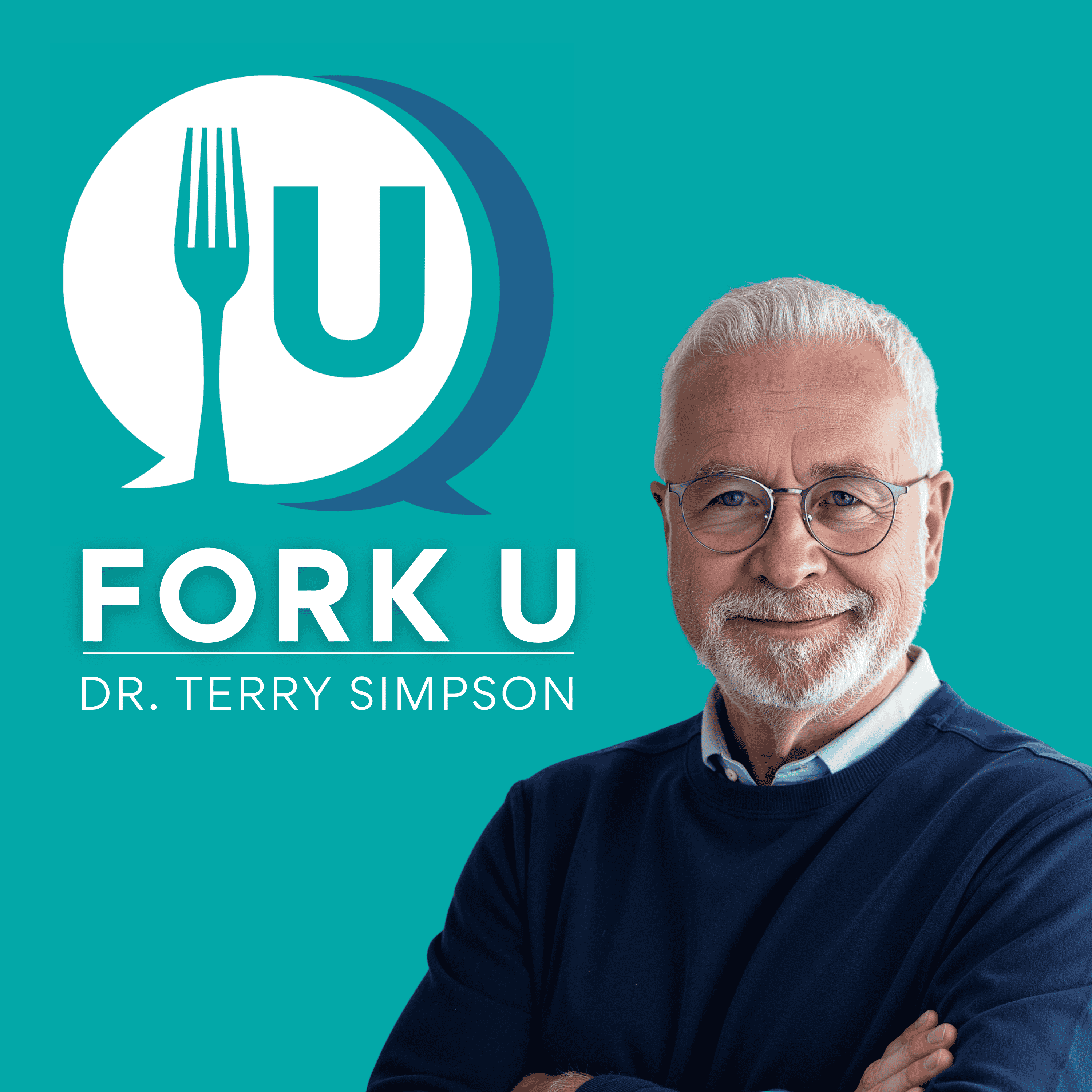Episode 13
Continuous Blood Glucose Monitors for Non-Diabetics
If you don’t have diabetes, should you even consider a blood glucose monitor? Well, here is the science behind this new tiktok trend and why these Continuous Blood Glucose Monitors (CGM) are here to stay and what we know about them.
The device
First, the device – a continuous blood glucose monitor is a device that you place on your body and it measures the blood glucose level and reports that data typically to an application on your phone. The first blood glucose monitors were used to help patients with type 1 diabetes regulate their blood sugar. They were revolutionary, but expensive, not covered by many insurance companies, and cumbersome. As the technology has improved, the price has decreased, the comfort level has improved, and the accuracy of the monitoring has improved. As with most technology, blood glucose monitors are now less expensive, better, and widely available.
You can read more about the history of the blood glucose monitor here.
Most diabetics use a fingerstick to see what their blood glucose is, and use that information to determine the medicine they need to help regulate their blood glucose. The CGM allows real-time data which can be checked against food logs to allow a person to see impact of their diet on their regulation of food. As the epidemic of diabetes grows, about 55 million predicted with diabetes by 2030, we know that the less variability in glucose, the better long-term outcome (reference here) and here.
Variability in blood glucose with non-diabetics
It turns out that even people who are not diabetic, have wide variations of blood glucose (reference here). Further, the variations in blood glucose have real time effects and we should care about those effects. For example, high glucose spikes lead to inflammation of the arteries, even in non-diabetics, which lead to atherosclerosis, heart disease, strokes and peripheral vascular disease (click here). A study published in Journal of the American Medical Association (here) concluded “Providing individuals with tools to manage their glycemic responses to food based on personalized predictions of their PPGRs may allow them to maintain their blood glucose levels within limits associated with good health.”
What is best?
Avoiding the large variability in blood glucose is clearly important to health whether one has diabetes or not. Trying to predict what variability will be based on fasting blood glucose or hemoglobin A1C cannot be done.
Using a healthy diet like the Mediterranean or DASH diet – this has been found in studies with CGM on young people with type 1 diabetes (reference )
Even variations of the Mediterranean Diet and CGM have found improvement in glucose variability.
Economies of Scale
Continuous Glucose monitors are getting less expensive, more accurate, and more comfortable to wear. This is good news for patients who have diabetes, and as demand raises among all to use these tools the price will drop further. The economies of scale work with medical devices. Consider the pulse oximeter that you can purchase from a local pharmacy for $25 – they used to cost over $900 and were used to manage patients with lung disease. Now, for less than a copay, you can have one of these devices and they not only help manage patients with lung disease, but also keep people with COVID out of the hospital when they are doing well, or provide a warning to get patients into the hospital.
The original pulse oximeters were large, expensive and cumbersome. The modern pulse oximeter is available at any pharmacy for $25.
These are another tool in our toolbox.
Disclosure: I received a continuous glucose monitor from Nutrisense. They do not manufacture the device but provide the device as a part of the service with registered dietitians to help people navigate what the data means. They have a subscription model which may, or may not be good for you.


